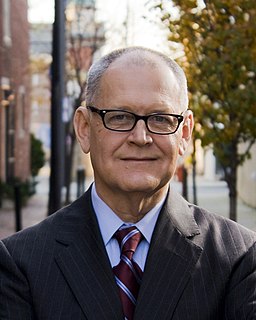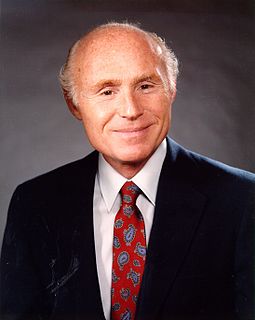A Quote by Stephanie Land
Cleaning companies often pay their employees less than a living wage and offer no sick days or health insurance. My years of working for them still made me grimace every time I saw a little yellow car with 'Merry Maids' written on the side.
Related Quotes
The premise of insurance is to spread the risk. It's the premise of homeowner's insurance, of car insurance, and of health insurance. It's one reason why it's important to have insurance when you're healthy, so that when you get sick, you won't go sign up just when you get sick, because that increases the cost for everyone.
I'm happy that I feel a little less out of place in filmmaking than I once was - but it's almost impossible for a playwright in the U.S. to make a living. You can have a play, like I did with 'Angels,' and it still generates income for me, but it's not enough for me to live on and have health insurance.
We have health insurance companies playing a major role in the provision of healthcare, both to the employed whose employers provide health insurance, and to those who are working but on their own are not able to afford it and their employers either don't provide it, or don't provide it at an affordable price. We are still struggling. We've made a lot of progress. Ten million Americans now have insurance who didn't have it before the Affordable Care Act, and that is a great step forward.
Unfortunately, I saw a side of humanity I wish I'd remained blissfully ignorant of, including one driver who threw a bottle at me while I was walking my baby to the doctor on the side of the road and yelled out insults. Nurses who made nasty comments about how I should get a job (I was working two of them, in addition to being a published author). It wasn't that I didn't have a job and wasn't working. The jobs in backwoods Mississippi didn't pay enough to cover living expenses.
Insurance is meant for extraordinary circumstances. You don't use car insurance to pay for oil changes or gasoline; you have it as protection in case you have a terrible accident or your car is stolen. You don't use homeowners' insurance to pay your electricity and water bills; you have it as protection in case a fire or other catastrophic event produces a large expense. Obviously, any insurance policy that promises to cover every small, ordinary expense is going to be much more expensive than one that covers only extraordinary expenses.
Firms don't just try to pay as little as possible to get the needed bodies on board; when there is unemployment, they ask themselves how wage cuts would affect the behavior of the employees. Would they quit or feel dissatisfied and work less hard on the firm's behalf if they feel that wage policies are unfair?



































